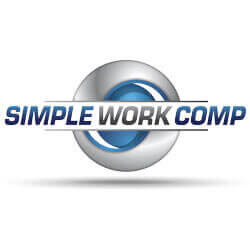Workers Compensation Agents News
Workers Compensation Agents & Brokers Keep Your Clients – Earn Long-Term Residual Income Asking yourself if there’s something better? It’s no secret that being a successful Agent or Broker does not come easily. Agents looking to improve their long-term earnings and financial freedom face
Insurance Agents Leveraging Employee Leasing
Agents and Brokers who leverage Employee Leasing have more tools and services to help clients; they increase sales and earn long-term residual income. What is Employee Leasing? The biggest misconception about “Employee Leasing” is its name, which implies “the leasing of employees”; the staffing
What Are Employer Health Care Obligations Now?
Employer Health Care Obligations 2015 As the Obamacare Affordable Care Act battle continues in congress, employers are trying to figure out what their healthcare obligations are going to be to their employees. Small companies with 50 employees or more need to have a Health
Reduce Staff & Focus On Growth
A slowly growing employment and business trend known as “co-employment” could make more inroads into Central Pennsylvania in years to come. But at the moment, few businesspeople even know what it is and how it could benefit companies. Simply put, co-employment… or employee leasing
Increase Employee Job Satisfaction
While it sometimes may seem nothing makes employees happy, the fact is keeping employees happy might be easier than you think. When asked what components contributed to overall job satisfaction, workers repeatedly identified the same two items: Trust and confidence in leadership. Trust and
Questions NOT to Ask During an Interview
Small business owners should know which questions are illegal to ask during an interview. Unfortunately that is easier said than done. Appropriate questions are based upon anti-discriminatory laws that vary from state to state. A variety of federal, state and local laws prohibit employment
Are Your Workers Employees or Contractors?
Many small business owners really aren’t sure whether or not their workers are employees or contractors. In fact, some contractors would be surprised to learn they actually are considered employees by government standards; unfortunately, even the most well intentioned small business owners could be
